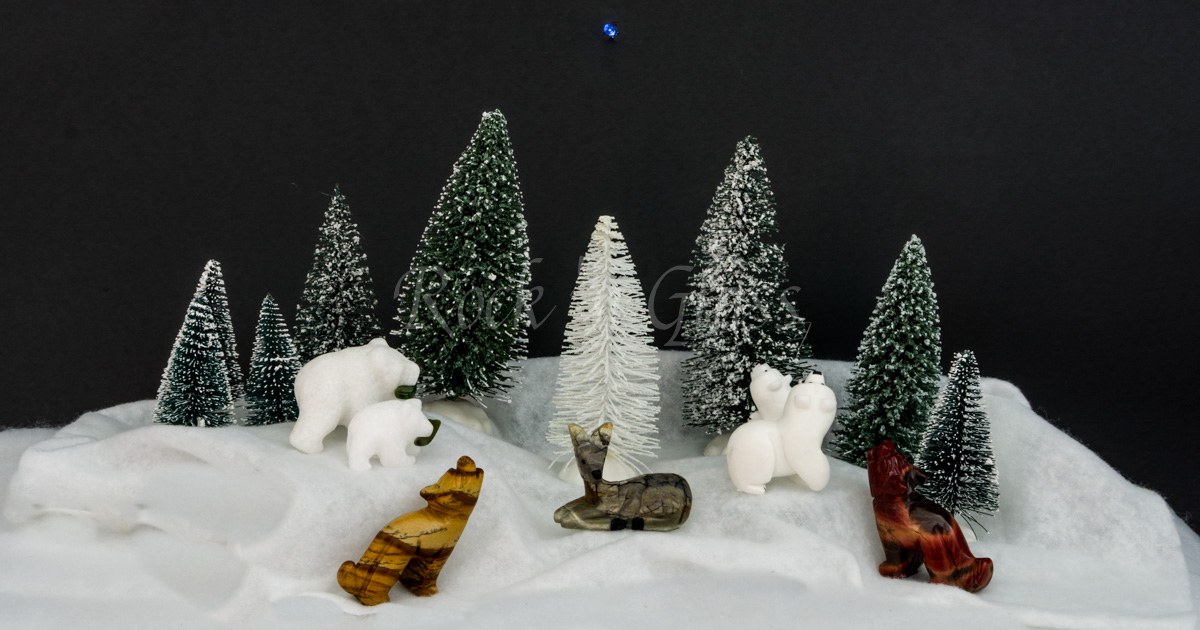Adventures in the Crystal World
A Christmas Star on a Winter Solstice Night
December 21, 2020 marks the winter solstice for the northern hemisphere of the planet Earth, a date important in Celtic, Wiccan, and countless other cultures around the world throughout history and pre-history. The winter solstice, also known as midwinter, occurs when one of the Earth’s poles has its maximum tilt away from the Sun. It happens twice yearly, once in the northern hemisphere and once in the southern hemisphere. It is the day with the shortest period of daylight and longest night of the year, when the Sun is at its lowest daily maximum elevation in the sky. At the pole, there is continuous darkness or twilight around the winter solstice. The winter solstice occurs during the hemisphere’s winter and the summer solstice occurs on the same date in the opposite hemisphere. Although the winter solstice itself lasts only a moment, the term sometimes refers to the day on which it occurs. Traditionally in many cultures, the winter solstice is considered the middle of winter, but today it is often seen as the beginning of winter. In meteorology, winter is reckoned as beginning about three weeks before the winter solstice. The winter solstice was celebrated as the symbolic death and rebirth of the Sun since prehistoric times. Great monuments such as Stonehenge in England and Newgrange in Scotland are aligned so that they follow the sight line of the solstice sunrise or sunset. These prehistoric solstice celebrations continued in cultures around the world. Iranian people celebrate the night of the northern hemisphere’s winter solstice as Yalda night, which is known to be the longest and darkest night of the year. It has been celebrated in Persian culture since ancient times with family gatherings and poetry readings. The pagan Scandinavian and Germanic people of northern Europe celebrated a winter holiday called Yule which was a time of feasting and celebration in anticipation of the return from the darkness of winter. Evidence of similar celebrations can be found in Asian, Native American, and other cultures around the world.

